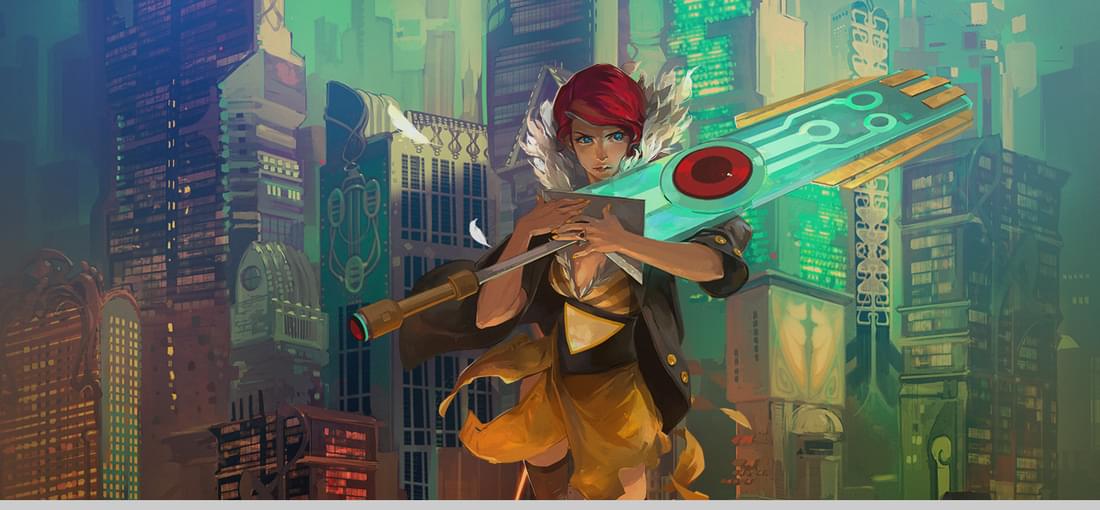


I love this game. The art, music and overall atmosphere are incredible, the combat is solid and all aspects of the game fit well together. However, the devs made certain design choices which some people might really enjoy and others not so much. I'll focus on the story, since that's likely the most polarizing. The plot is fairly straightforward. However, many details of the plot and setting are uncovered by reading NPC bios (unlocked by using abilities associated with each character), interacting with computer terminals, etc. Additionally, Red (the protagonist) loses her voice at the beginning of the game, and one of the ways she communicates with her partner is by typing and then erasing text at various terminals. As a result, players who are focused primarily on moving from one fight to the next might end up missing many details, and things that happen later in the story might make less sense and have less impact. Some things are intentionally left vague and open to interpretation: for example, what is "the Country" exactly? This is not a story where absolutely everything falls into place and is explained at the end. Whether this is good or bad is down to taste. There's a difference between using vagueness as a tool that synergises with other aspects of a work and makes it better and vagueness as a cheap way to make a work seem deeper than it is. I feel that Transistor is in the former category. On the other hand, some things that at first might seem weird and contrived (e.g. why are these two characters now trapped here and only one can get out?) end up having simple explanations compatible with the game's setting and plot, though the explanations are not stated explicitly. Finally, many games (like Pyre, from the same devs), have a blank slate player character, and choices made by the player drastically alter the ending. Transistor is on the other extreme, where Red, not the player, makes the final choice of the game, and the player cannot change the ending.